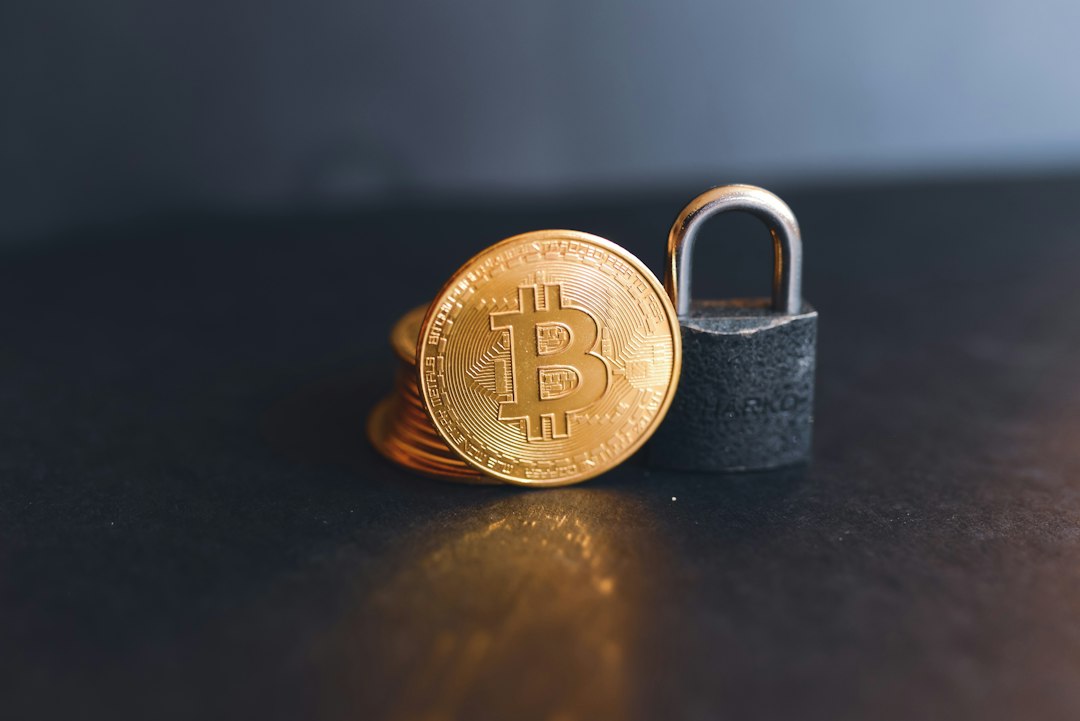Understanding the Role of Blockchain in Cybersecurity
When it comes to cybersecurity, the role of blockchain technology cannot be underestimated. With the rise of cyber threats and attacks, it has become more important than ever to understand how blockchain can help protect your digital assets. In this article, we will explore the basics of blockchain technology and its significance in cybersecurity.
What is Blockchain?
Blockchain is a decentralized, distributed ledger technology that records transactions across multiple computers. Each transaction is added to a block, which is then linked to the previous block, creating a chain of blocks – hence the name “blockchain”. This technology was originally developed for the digital currency Bitcoin, but its applications have expanded to various industries, including cybersecurity.
The Role of Blockchain in Cybersecurity
Blockchain has several key features that make it an effective tool for enhancing cybersecurity:
- Decentralization: Unlike traditional centralized systems, blockchain operates on a decentralized network. This means that there is no single point of failure, making it harder for hackers to compromise the entire system.
- Transparency: All transactions on a blockchain are transparent and can be viewed by anyone on the network. This transparency helps detect and prevent unauthorized activities.
- Immutability: Once a transaction is added to a block and confirmed by the network, it cannot be altered or deleted. This makes blockchain resistant to tampering and fraud.
- Cryptographic Security: Blockchain uses advanced cryptographic techniques to secure transactions and data. This makes it extremely difficult for hackers to manipulate or access sensitive information.
How Blockchain Enhances Cybersecurity
Now that you understand the basic features of blockchain, let’s delve into how it enhances cybersecurity.
Data Protection: By utilizing cryptographic security and immutability, blockchain provides a robust defense against data breaches and unauthorized access. When sensitive data is stored on a blockchain, it is encrypted and protected from malicious actors.
Identity Management: Blockchain can revolutionize identity management by creating secure digital identities. With blockchain-based identity solutions, you can have greater control over your personal information and reduce the risk of identity theft.
Secure Transactions: Whether it’s financial transactions or data exchanges, blockchain ensures secure and tamper-proof transactions. This is particularly crucial in today’s digital economy where cyber fraud is rampant.
The Future of Blockchain in Cybersecurity
The potential applications of blockchain in cybersecurity are vast, and its future looks promising. As technology continues to evolve, we can expect to see more innovative solutions leveraging blockchain to combat cyber threats.
Distributed Security: With blockchain, security measures are distributed across the network rather than relying on a single entity. This distributed security model can significantly reduce vulnerabilities and enhance overall resilience against attacks.
Cyber Threat Intelligence: Blockchain can be used to create secure platforms for sharing threat intelligence among organizations. By securely exchanging information about emerging threats, businesses can stay ahead of cyber attacks.
Frequently Asked Questions (FAQs)
What are some real-world examples of blockchain being used for cybersecurity?
In recent years, companies have started using blockchain for various cybersecurity applications such as secure file storage, identity verification, secure communication channels, and protecting IoT devices from hacking.
Is blockchain completely immune to cyber attacks?
While blockchain technology provides robust security measures, it is not entirely immune to cyber attacks. As with any technology, there are always potential vulnerabilities that need to be addressed through continuous improvement and vigilance.
How can I leverage blockchain for my own cybersecurity needs?
If you are looking to enhance your personal or business cybersecurity with blockchain technology, consider exploring solutions such as secure file storage platforms, decentralized identity management systems, or utilizing blockchain-based encryption methods for data protection.
In conclusion,
Understanding the role of blockchain in cybersecurity is essential for anyone who wants to protect their digital assets from cyber threats. By leveraging the decentralized nature and cryptographic security of blockchain technology, you can enhance your overall cybersecurity posture and mitigate potential risks.
So remember,
Blockchain isn’t just about cryptocurrencies – it’s also a powerful tool for safeguarding your digital world.





 By
By
 By
By
 By
By

 By
By
 By
By